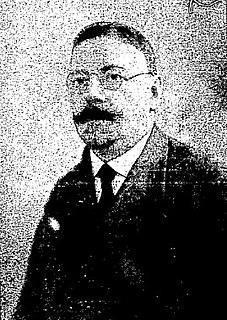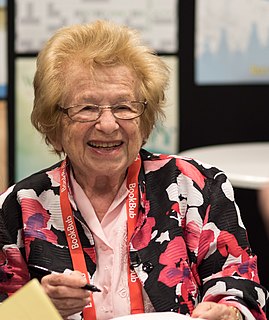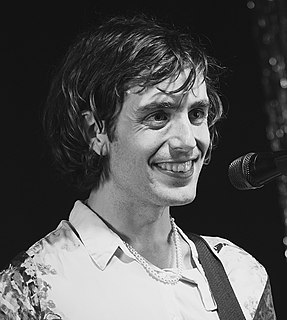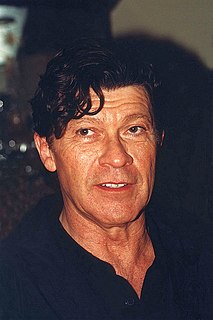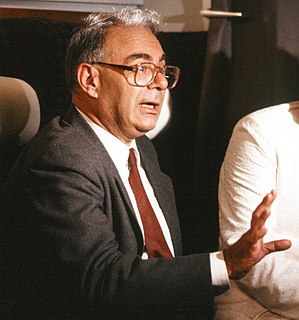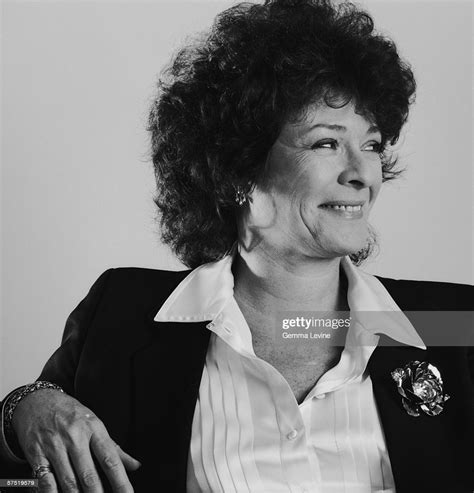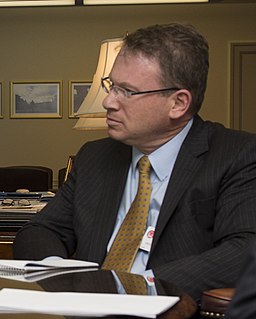A Quote by Judith Butler
My parents were practicing Jews. My mother grew up in an orthodox synagogue, and after my grandfather died, she went to a conservative synagogue and a little later ended up in a reform synagogue. My father was in reform synagogues from the beginning.
Related Quotes
Before I became an orphan of the Holocaust my early family life was stable. I grew up as a German Jew in Frankfurt, and I was in a household with two loving parents and an adoring grandmother who spoiled me. My mother helped my father in their wholesale business and they went to synagogue every Friday.
If only one country, for whatever reason, tolerates a Jewish family in it, that family will become the germ center for fresh sedition. If one little Jewish boy survives without any Jewish education, with no synagogue and no Hebrew school, it [Judaism] is in his soul. Even if there had never been a synagogue or a Jewish school or an Old Testament, the Jewish spirit would still exist and exert its influence. It has been there from the beginning and there is no Jew, not a single one, who does not personify it.
The most important part of the process of mourning is regularly reciting kaddish in a synagogue. Kaddish is a doxology, which Jewish tradition has mandated children to recite daily in a synagogue during the year of mourning for a deceased parent and then on the anniversary of his or her death thereafter.
We were Orthodox Jews, but we really didn't deserve it. I mean, bacon - my father said, 'Don't put bacon in the house,' but we had bacon. We didn't keep kosher. And we observed which today would be Conservative Jews. But in those days, we belonged to an Orthodox temple. So we made out we were Orthodox Jews, but we really weren't.
Before I was elected to Congress, I had the honor of serving as the president of the Congregation Ner Tamid in Henderson, the largest Reform Synagogue in Southern Nevada. During my tenure, I witnessed firsthand the beauty in our country's religious diversity and how community engagement strengthens America.


